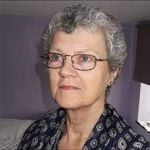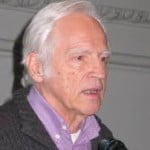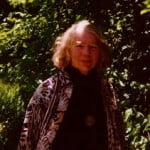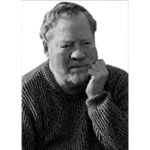A Thorny Question: An Experiential Analysis of Spontaneous and Hypnotically Induced Past Life Memory Retrieval – Jenny Cockell (Is.32)
Abstract—In this article, Jenny Cockell, well-known author and personality in the field of reincarnation research, seeks to compare and extrapolate her own experiences of spontaneous past life memory recall with her experiences of accessing past life memories utilising hypnosis. In this well-considered and intimate account, Jenny shares examples of the positives and negatives, gains and detriments, of both experiential realms. Further, she addresses the question as to whether or not hypnosis is a useful tool in retrieving past life memories which can be validated in the same manner in which many thousands of spontaneous past life memories have been interrogated and verified. If not, why not, are questions which run throughout the body of her article.… Read the rest





